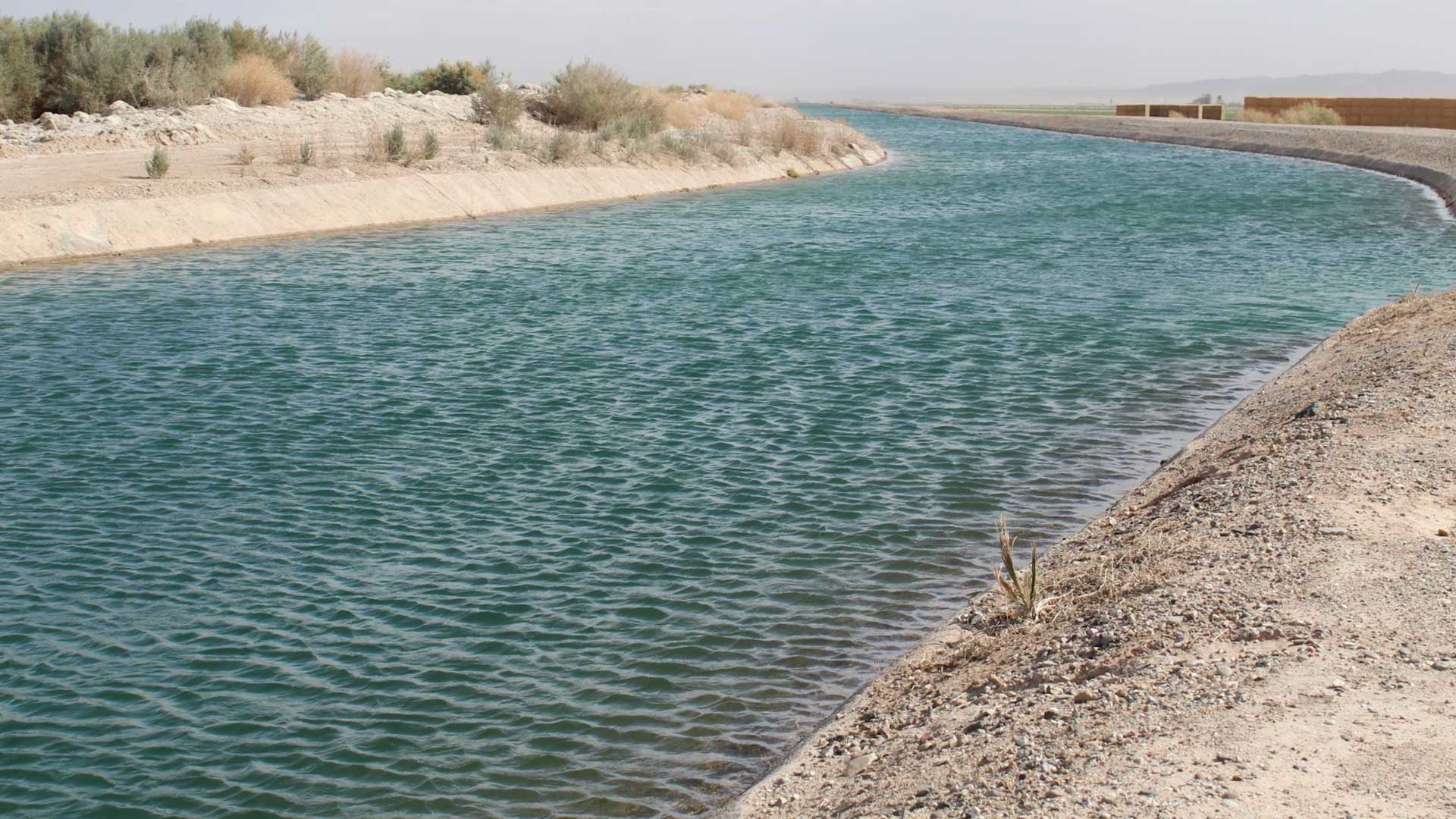 A canal carries water from the Colorado River to tribal land in Arizona.
A canal carries water from the Colorado River to tribal land in Arizona.
A group of 14 tribes in the Colorado River basin is asking for a greater voice in ongoing negotiations about water conservation. In a letter to the Department of the Interior, those tribes write that they are not being adequately consulted as states ponder a plan to save an unprecedented amount of water amid this historic drought.
“We should not have to remind you — but we will again — that as our trustee, you must protect our rights, our assets, and people in addition to any action you take on behalf of the system,” the letter reads.
In June, the U.S. Bureau of Reclamation issued a monumental task to the seven states that depend on the Colorado River. They were given a 60-day window to conserve 2-4 million acre-feet of water and told that the federal government may intervene if they were unable to figure it out themselves.
The charge sent shockwaves through the basin and unleashed plenty of posturing and pondering. Some states are showing reluctance to participate, and some have questioned the federal government’s legal authority to intervene. Now, tribes say they deserve a bigger role in those conversations.
“What is being discussed behind closed doors among the United States and the Basin States will likely have a direct impact on Basin Tribes’ water rights and other resources, and we expect and demand that you protect our interests,” their letter reads.
The tribes said a June pre-scoping notice about river negotiations was a good start — it mentioned a commitment to engage with tribes and consider their views— but the Interior Department has not kept its promise to keep tribes “appropriately informed.”
The Colorado River basin includes 30 federally-recognized tribes that depend on its water. Despite holding rights to about a quarter of the river’s flow, many tribes lack the funding and infrastructure to use their full allocations. They have historically been excluded from decision-making about how the river’s water is used, going back to foundational documents allocating the region’s water.
They argue they are still being excluded during the unprecedented call for conservation. “Basin Tribes are largely in the dark about what is being discussed or whether a plan is beginning to coalesce,” the letter reads. “There are only a few weeks left to develop this plan in time to meet the deadline Commissioner Touton set. Yet there has been no meaningful discussion with Basin Tribes about what the implications of this plan are likely to be.”
This is not the first time within the past year that tribes have come to the federal government with a call for greater inclusion. In November, twenty tribes within the basin sent a letter to the Interior Department broadly asking for greater inclusion in the long-term management of the Colorado River.
Over two decades of drought has crippled the river, which supplies water to about 40 million people throughout the Southwest. Climate change has accelerated warming and drying in the region, and policymakers are scrambling to figure out how to divvy up the shrinking supply.
This story is part of ongoing coverage of water in the West, produced by KUNC in Colorado and supported by the Walton Family Foundation. KUNC is solely responsible for its editorial coverage.

By submitting your comments, you hereby give AZPM the right to post your comments and potentially use them in any other form of media operated by this institution.